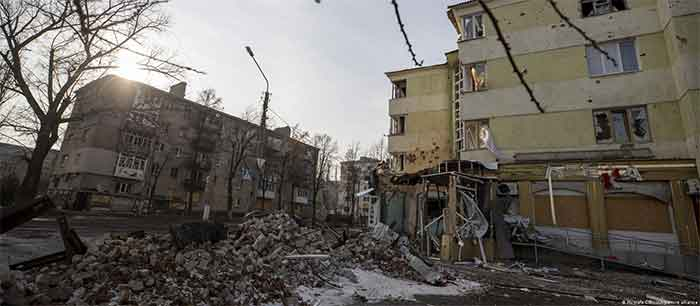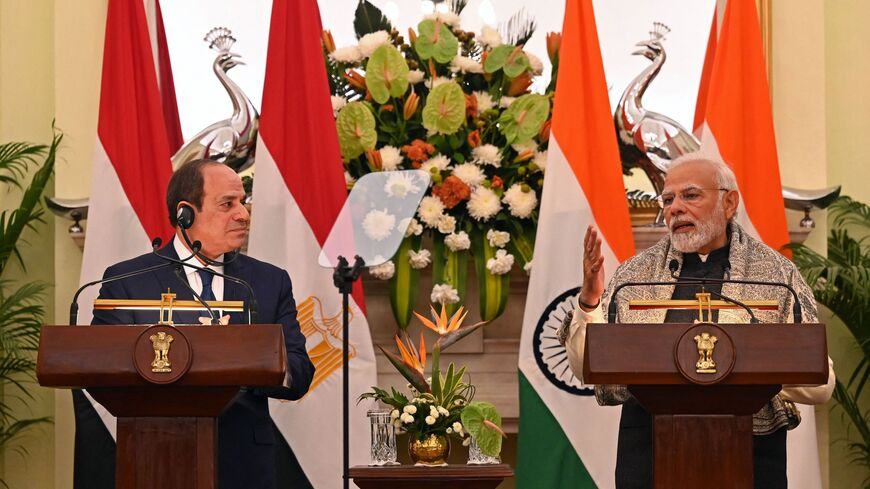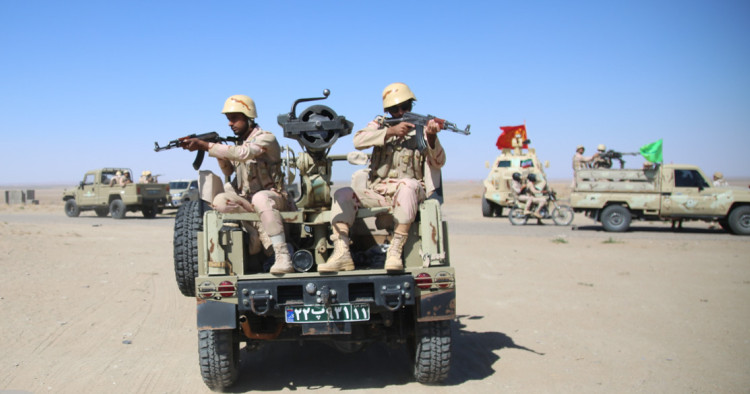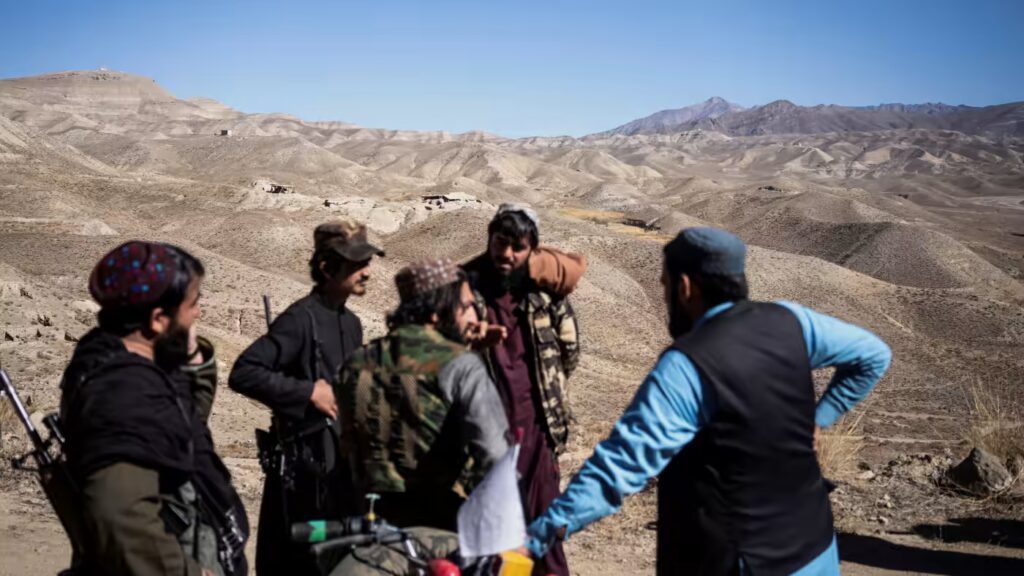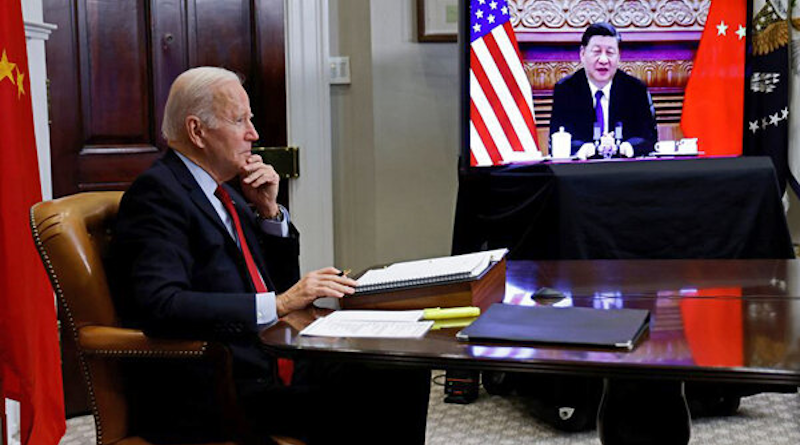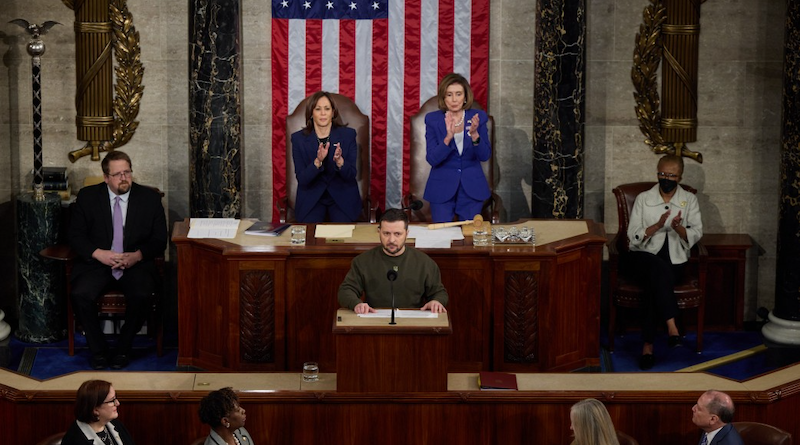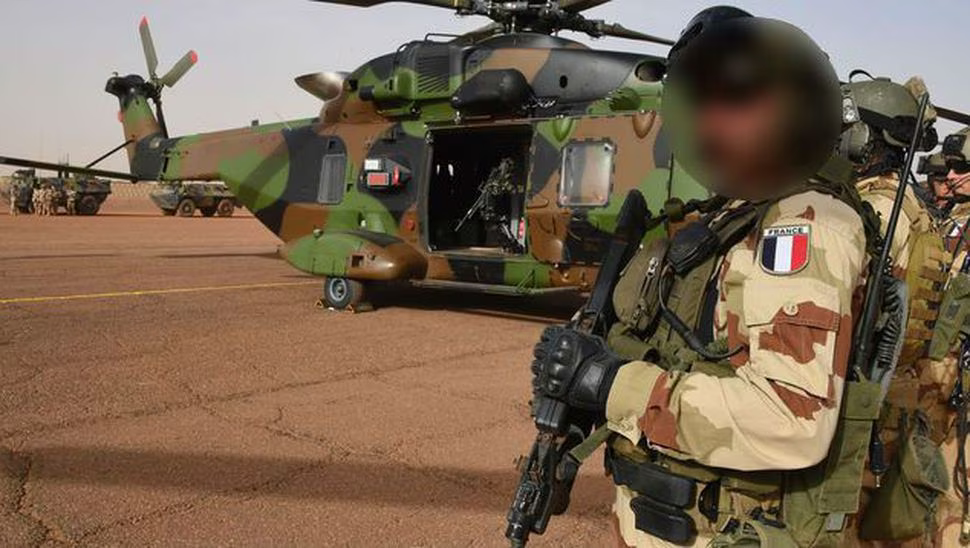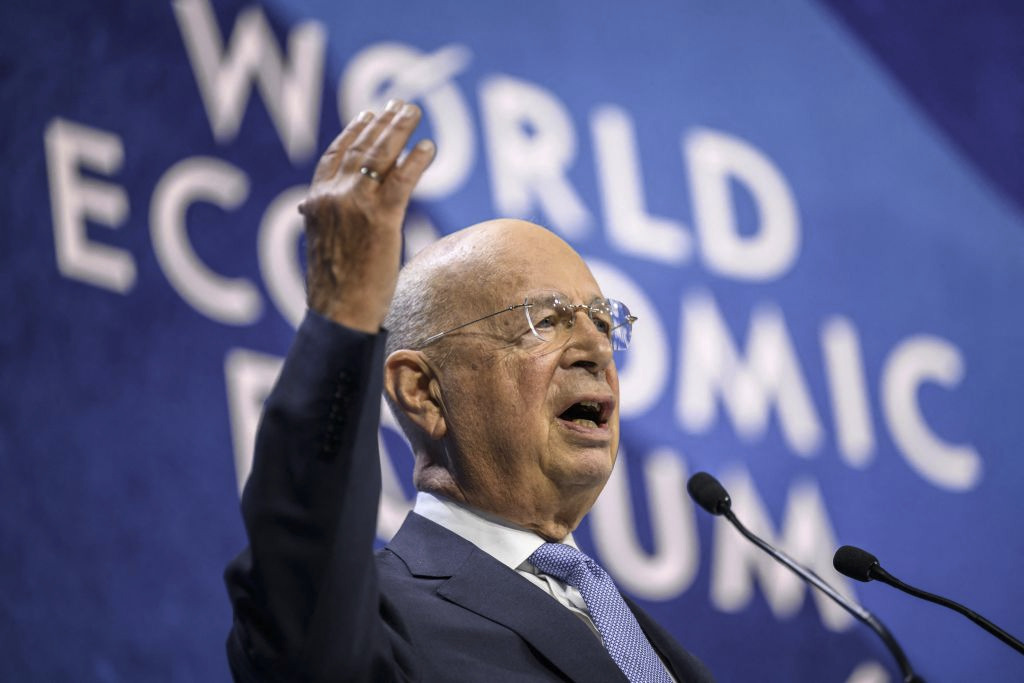Understanding the US Designation of the Wagner Group as a Transnational Criminal Organisation
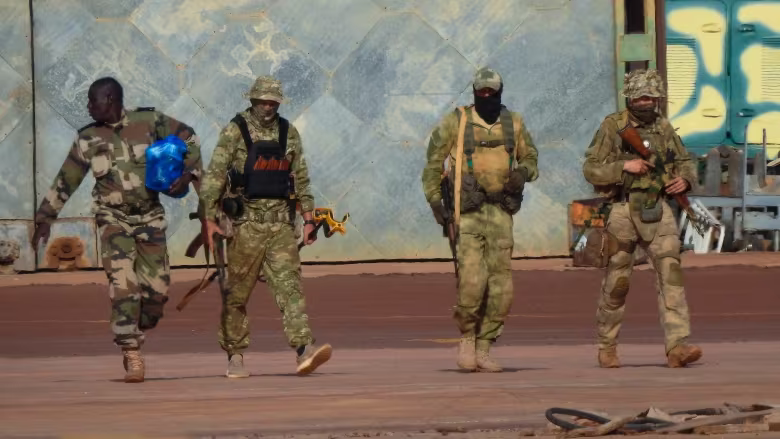
Last week US National Security Council spokesman John Kirby said that the Treasury Department will designate the private military company (PMC) Wagner Group as a transnational criminal organisation (TCO). Western states and institutions have explored a variety of legal mechanisms against Wagner in recent years, including terrorism designations and sanctions for supporting separatist forces in Ukraine. The TCO designation is thus the latest measure in a layered sanctioning strategy designed to counter the PMC’s vital and frequently brutal role in advancing Russian state interests internationally. In this piece, we demonstrate that the legal case for the TCO designation is strong. Wagner unambiguously meets the criteria for what constitutes a TCO.

